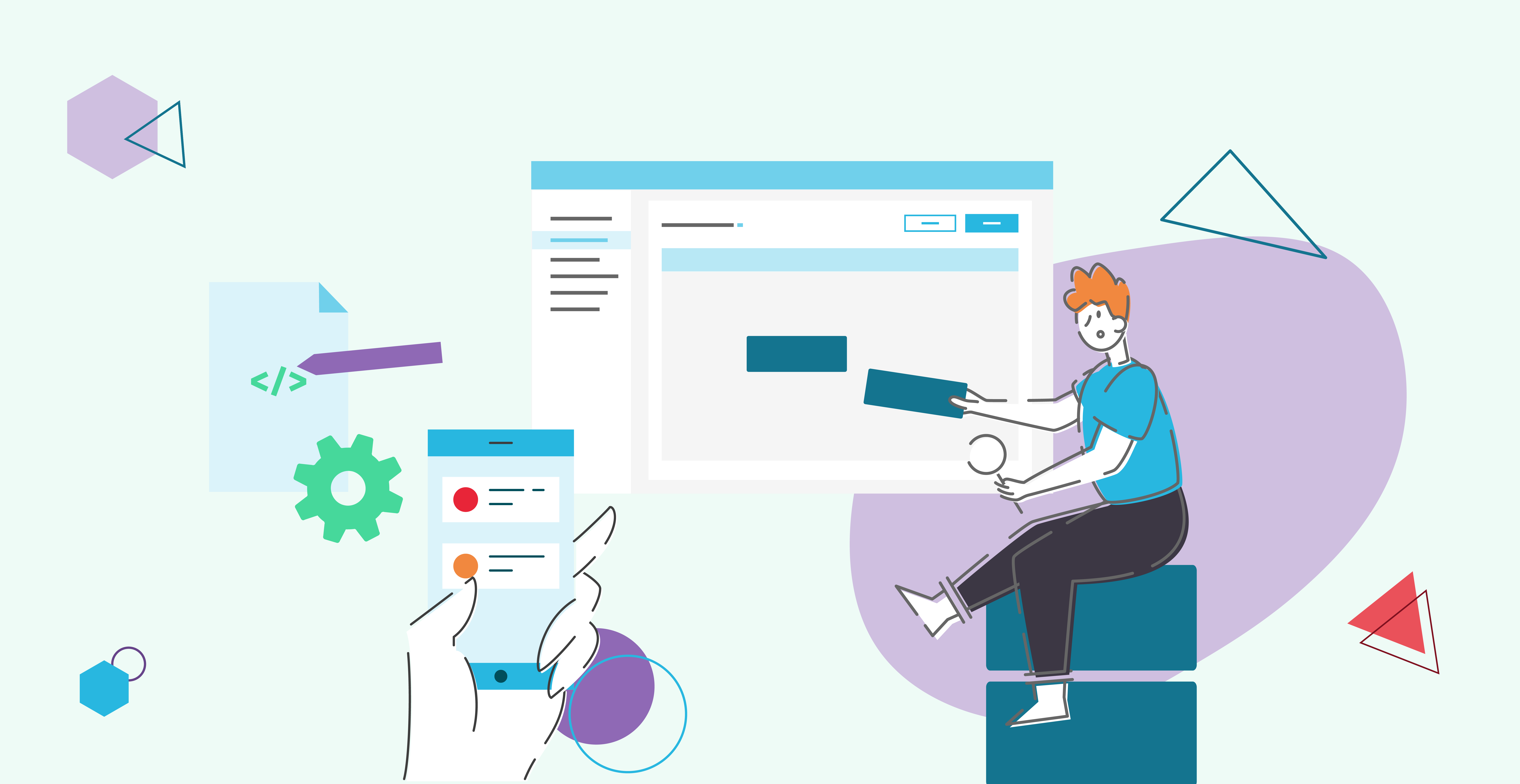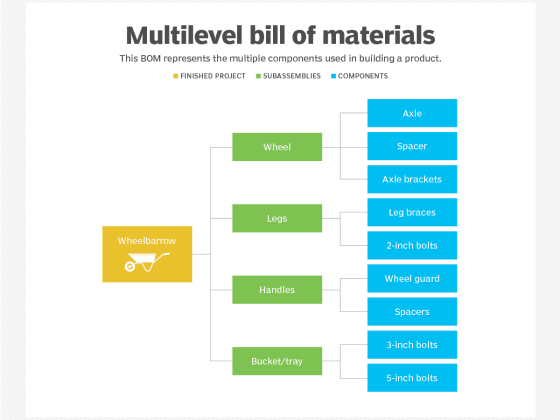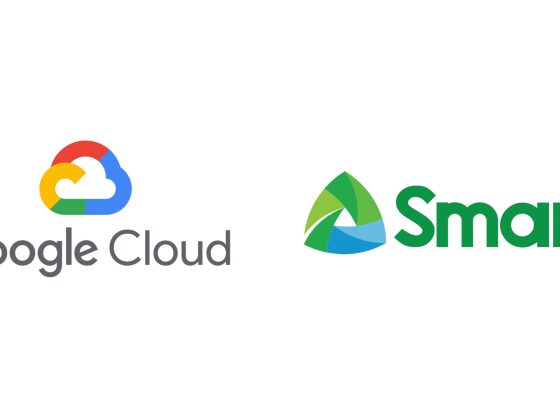Platform Engineering, DevOps and SRE: is the time to make a definitive choice coming? Everyone is witnessing the IT landscape continue to evolve at a rapid and relentless pace. Every day the market provides companies not only with new technologies and new tools but also with novel approaches to managing information systems and application development.
With regard to the topic of software development, the trend of Platform Engineering is now gaining momentum, which analysts and industry experts refer to as one of the most disruptive philosophies of the moment. While there are many who argue that in the coming years the paradigm is set to radically transform the Information Technology landscape, there are those who do not hesitate to say that Platform Engineering could even replace some of the practices considered most innovative in recent years, starting with DevOps, Agile, and SRE.
From our partners:
Regardless of experts’ predictions and assumptions, however, what matters for businesses today is to understand what adopting an approach such as Platform Engineering actually entails. What impact can it have on internal development teams and the IT division more generally? Will it be worth using it as an alternative to other more established strategies? And, if so, what steps will need to be taken to do it properly?
Before answering these questions, let’s look in more detail at what Platform Engineering consists of, and why it promises to reshape the horizon of IT management in the coming years.
What is Platform Engineering?
According to Gartner’s definition, Platform engineering is the discipline of building and operating self-service internal developer platforms (IDPs) for software delivery and life cycle management
. As proof of the current relevance of this trend, Platform Engineering features in no less than three of the Hype Cycles that the analyst firm has identified for 2022: Software Engineering, Emerging Technologies, and Cloud Platform Services.
Aiming to continuously improve the Developer Experience and enhance the productivity of development teams, Platform Engineering enables the construction of a product, the Internal Developer Platform (IDP). This makes teams autonomous, leaving them with the power to have self-service access to the tools (or create them from scratch) they need to initiate, manage and monitor development processes. All this while also improving IT Governance, as the platform by its own design guides developers to adhere to corporate policies. In fact, the platform provides development teams with the tools and guidance they need to do their daily work at all levels of the application lifecycle.
The platform creates an intermediate layer that reduces the cognitive load developers need to interact with the underlying infrastructure, which tends to be increasingly complex with the growing spread of microservices, Kubernetes, and cloud-native technologies in general. This significantly simplifies the work of development teams, and also encourages faster onboarding of new team members who have little experience or familiarity with the infrastructure. All this contributes to releasing high-quality software faster while ensuring a frictionless Developer Experience.
It should be remarked that the idea behind Platform Engineering is that the platform is a real product that is constantly evolving. Therefore, Platform Engineering is not limited to only the initial design phase of the platform, but also involves the implementation and maintenance phases of the product. Indeed, ensuring maximum performance as the needs of the organization evolve, requiring continuous work to improve, expand, and update functionality.
Platform Engineering: gradual innovation or total revolution?
The benefits that Platform Engineering brings are therefore undeniable. This is why many analysts believe that within the next five years Platform Engineering will see widespread adoption in the IT landscape. According to Gartner, By 2026, 80% of software engineering organizations will establish platform teams as internal providers of reusable services, components and tools for application delivery
.
The question remains as to whether companies will have to make a clear‑cut field choice, dismissing the more established approaches completely in favor of Platform Engineering.
An unequivocal answer, of course, is currently not there. But it is worth reminding that every time a new trend emerges some claim that it will overwhelm previous models to the point of replacing them altogether. For example, the rise of DevOps, and those who claimed it would mean the end of Agile. Then when Google introduced the concept of SRE (Site Reliability Engineering) many predicted that DevOps would become obsolete. Instead, what has happened is that SRE, DevOps, and Agile are all still present and widely employed. Moreover, adopting one of these approaches does not preclude the others from being adopted as well. On the contrary, often the most successful organizations are the ones that have combined all these methodologies.
In the spotlight today is Platform Engineering, and if we are to draw a conclusion from the past, perhaps the most appropriate assumption to make is that the new practice will coexist with and complement the other methodologies already in place.
Conclusion
The IT landscape of the future will most likely feature a mix of the philosophies that are in use today, and Platform Engineering will be added incrementally and gradually. The goal is always to improve the Developer Experience and release high‑quality software that creates value for the end user. This requires synergistic cooperation between Agile, DevOps, SRE, and Platform Engineering, all serving the creation of digital products.
If you are curious about what this trend will do, you just have to wait. However, for those who are not content to wait and instead want to be among the first to experience the benefits of Platform Engineering, here is a Platform Engineering 101 guide that explains in detail all you need to know to get started.
Guest post originally published on Mia-Platform’s blog
Source CNCF
For enquiries, product placements, sponsorships, and collaborations, connect with us at [email protected]. We'd love to hear from you!
Our humans need coffee too! Your support is highly appreciated, thank you!








